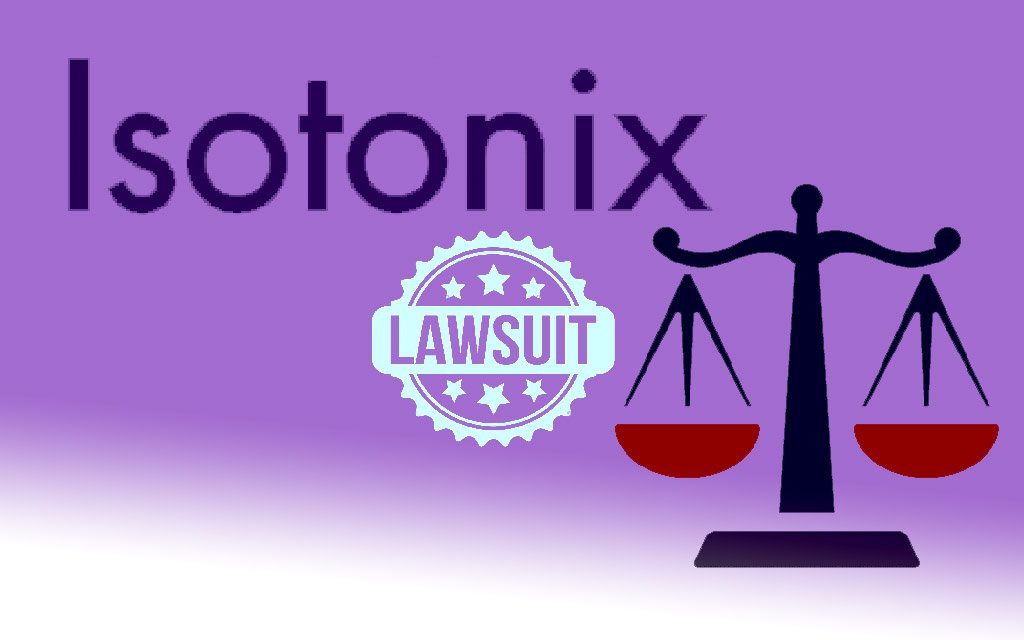John Hopkins University has experienced several high-profile cases that have drawn attention to its rules and regulations. These legal challenges reveal the ethical challenges, institutional failures, and societal impacts of its actions. The university’s reputation as a leader in healthcare and education has been tested repeatedly. Each lawsuit has revealed accountability, patient care, and data protection lessons.
From the 2023 data breach scandal to the heartbreaking ‘Take Care of Maya’ case, these legal disputes illustrate the complexities of balancing institutional goals with ethical responsibilities. The Baltimore lead paint study and the Guatemala syphilis experiments raised questions about the importance of informed consent in research. At the same time, the COVID-19 tuition refund dispute reflected students’ frustration with a global pandemic. John Hopkins lawsuits highlight maintaining trust in healthcare, education, and research.
These lawsuits have become lasting lessons to individuals and communities. They remind us how transparency, best practices, and prioritization of people’s rights over the gains of institutions are essential.
The 2023 Data Breach Scandal
John Hopkins faced a major cyberattack in 2023. It exposed the vulnerabilities of even the most respected institutions.
Sensitive Data Compromised
Hackers targeted the university and health system in May 2023. The MOVEit software vulnerability allowed attackers to access private records. Nearly 300,000 people had their personal information exposed. Data included names, addresses, health details, and Social Security numbers. Victims ranged from patients to employees and students.
The class action lawsuit alleged negligence and failure to protect sensitive data. The plaintiffs demanded compensation for the financial and emotional harm caused. The breach tarnished Johns Hopkins’ reputation as a trusted institution.
A $2.9 Million Settlement
John Hopkins chose a settlement over a lengthy legal struggle. The university has agreed to pay $2.9 million to settle the accusations. Affected persons were compensated for the risks of identity theft and emotional discomfort.
This case highlighted the growing risks of cyberattacks. Moreover, it showed the need for robust cybersecurity measures in healthcare. The settlement also emphasized the importance of accountability in handling sensitive information.
The Heartbreaking ‘Take Care of Maya’ Case
This was one of the most tragic medical errors that led to severe consequences. The case gained national attention and highlighted fault lines in child welfare systems.
Maya’s Journey
Maya Kowalski, aged 10 years, was admitted in 2016 to John Hopkins All Children’s Hospital with a diagnosis of Complex Regional Pain Syndrome (CRPS). It’s considered a rare and painful condition. Instead of getting appropriate treatment for it, doctors suspected medical child abuse.
The hospital reported the family to Child Protective Services. Maya was taken away from her parents and placed in state custody. However, the family desperately tried to gain her back for 90 days straight. In that time apart, Beata Kowalski, Maya’s mother, killed herself because she couldn’t handle it.
Record-Breaking Verdict
In 2023, the Kowalskis sued the hospital for negligence and unfair detention. They alleged that the hospital’s actions ruined their family and caused emotional distress. After a lengthy trial, a Florida jury awarded the family $261 million. The amount was later decreased to $213.5 million.
The verdict set a record for medical malpractice cases in Florida. Also, it sent a strong message about the importance of respecting patient rights. The case also sparked conversations about reforming child welfare investigations.
The Controversial Baltimore Lead Paint Study
This case raised serious ethical questions about research practices. Vulnerable families became unwilling participants in a dangerous experiment.
Testing Risks on Vulnerable Families
John Hopkins, affiliated with the Kennedy Krieger Institute, conducted a lead abatement study in the 1990s. It aimed to try cost-effective approaches to diminish lead paint exposure in low-income housing. Families were recruited to live in these homes, unaware of the risks involved.
The children in these homes thus suffered very high levels of lead at home. In turn, this caused developmental delays, learning disabilities, and other health issues. Critics held that the families were not thoroughly informed about the potential dangers.
Lawsuits accused the institute of exploiting economically disadvantaged families. Plaintiffs claimed the study prioritized scientific research over the safety of children.
Lessons in Ethical Research
The controversy surrounding this case sparked changes in research ethics. It highlighted the need for transparency and informed consent in human studies. Furthermore, the lawsuits reminded institutions to prioritize participant safety over scientific gains.
The Guatemala Syphilis Experiments
This case highlighted one of the darkest chapters in medical research history. It exposed the long-lasting consequences of unethical practices.
A Dark Chapter in Medical History
In the 1940s, U.S. researchers conducted syphilis experiments in Guatemala. Hundreds of individuals were intentionally infected without their consent. However, these experiments targeted vulnerable populations, including prisoners, soldiers, and mental health patients.
John Hopkins officials allegedly played an advisory role in the experiments. In 2015, victims and their families filed a $1 billion lawsuit against the university. They accused John Hopkins of being complicit in these atrocities.
Case Dismissed in Court
A U.S. District Judge dismissed the case in 2019. The court decision established that Johns Hopkins did not directly participate in conducting the experiments. Although the case was dismissed, the controversy sparked a global outcry. It brought to light the ethical failure of medical research and called for justice concerning historical injustices.
Read also: Aurai LLC Lawsuit: Allegations, Legal Implications, and Industry Impact
COVID-19 Tuition Fee Refund Controversy
The pandemic disrupted every aspect of life, including education. This lawsuit reflected the frustrations of students seeking fairness during unprecedented times.
Students Demand Refunds
Due to the pandemic, Johns Hopkins switched to virtual learning in the spring of 2020. However, the students argued they paid tuition expecting in-person education. They claimed the university failed to provide the campus experience they were promised.
The suit alleged a breach of contract and sought refunds on tuition and campus fees. Students then felt that online classes did not equal the money paid to attend John Hopkins.
Settlement Brings the Conclusion
The case ended in 2022, when the lawsuit was settled. The terms of the settlement are unknown, but it has created a reminder for universities to live up to student expectations. The case also brought to the limelight the challenges faced by education establishments amid the pandemic.
Key Takeaways from Johns Hopkins Lawsuits
John Hopkins Lawsuits gave many lessons to educational institutions. Here are some key takeaways.
Accountability in Healthcare
The lawsuits showed how institutions must be held liable for themselves. Furthermore, these cases reveal the terrible aftermath of an institution’s poor judgment and negligence. Ultimately, it requires transparency and ethical decision-making to rebuild trust.
The Role of Technology
The 2023 data breach emphasized the growing threat of cyberattacks. It showed the importance of investing in secure systems. Protecting sensitive information is essential in today’s digital world.
Lessons in Ethical Research
The lead paint study and Guatemala experiments underscored the value of ethical research. However, institutions must respect human rights and obtain proper consent from participants. These cases serve as a reminder to uphold the highest standards in research practices.
Seeking Justice for Families
Cases like ‘Take Care of Maya’ show the human cost of medical malpractice. Moreover, they highlight the importance of compassion and empathy in healthcare decisions. Legal actions hold institutions accountable and provide justice for affected families.
Conclusion
The John Hopkins lawsuits demonstrate the broad impacts of institutional decisions. These incidents involving data breaches, medical misconduct, and research ethics illustrate the importance of accountability and transparency. Moreover, they highlight the challenges respected institutions face when ethical boundaries are tested. From the tragic ‘Take Care of Maya’ case to the Guatemala syphilis experiments, each lawsuit has reshaped the public perception of John Hopkins University.
The 2023 data breach scandal and Baltimore lead paint study underline the importance of safeguarding sensitive information and protecting vulnerable populations. However, the COVID-19 tuition refund dispute further demonstrates institutions’ responsibility to meet expectations, even in crises. John Hopkins lawsuits reflect broader societal concerns about trust in healthcare, education, and research.
These legal battles have made Johns Hopkins face its failures and change for the better in crucial ways. Additionally, they become examples for other institutions to remember the values of appropriate practice, justice for victims, and respect for people’s rights.


